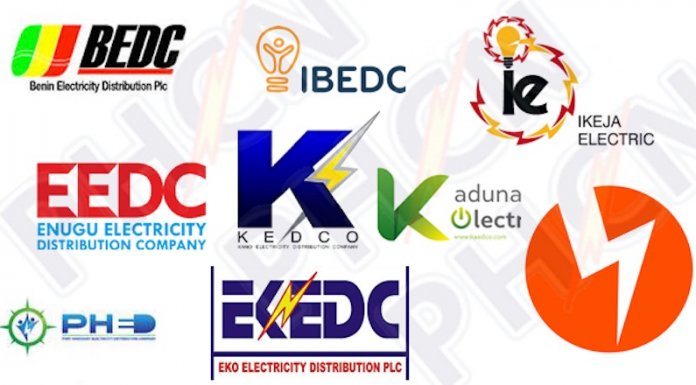
DisCos Now Granted Access to Buy Electricity Directly From Producers
Power distribution companies (DisCos) in Nigeria have been given the green light by the regulator to buy electricity directly from producers of the commodity after over 10 years of relying on an intermediary called the bulk trader.
The DisCos and the generation companies (GenCos) unbundled from the defunct Power Holding Company of Nigeria were privatised in 2013 and handed over to the core investors on Nov. 1 of that year, while the Transmission Company of Nigeria (TCN) has remained under government ownership.
The government-owned Nigerian Bulk Electricity Trading Plc (NBET) buys electricity in bulk from generation companies through power purchase agreements and sells through vesting contracts to the DisCos, which then supply it to the consumers. It began trading with commencement of the transactional electricity market in 2015.
The Nigerian Electricity Regulatory Commission (NERC) said in the Multi-Year Tariff Order 2024 that DisCos can now procure electricity directly from GenCos through bilateral contracts. Documents released by NERC showed that the tariff review applications of the 11 power distributions in the country included plans to exit NBET’s vesting contract regime.
The regulator said the new order recognises a revision to the DisCos’ partially contracted capacity (PCC) to ensure a minimum energy offtake with effect from 1st January 2024. The minimum energy offtake requirement for the 11 DisCos this year is 4,063MWh/h.
The DisCos are required “to secure adequate bilateral contracts to facilitate a seamless exit from NBET’s vesting contract regime”, it said.
NERC said that through bilateral contracts, the DisCos are required to mitigate their “exposure to volumetric energy risks”, adding that they would have no recourse to claim revenue shortfall arising from generation shortfalls effective January 2024.
It said the DisCos are also required to continually procure additional energy volumes to serve their customers and ensure steady migration of customers to higher service bands on account of improved level of supply.
Under the service-based tariff arrangement introduced in 2020, customers are categorised into maximum demand and non-maximum demand customers, with different bands (A to E) depending on the level of supply.
Total power generation in the country stood at 4,365.2 megawatts (MW) as of 6:00 am on Thursday, while the generation capacity was 7,652.6MW, according to data from the Nigerian Electricity System Operator.
The regulator said in its latest quarterly report that the partial activation of contract (PAC) regime, which took effect in July 2022, defines “the target volume of energy to be off-taken by DisCos at any time” as their PCC.
DisCos’ revenue collection in the third quarter of last year fell short of what was required to finance sustainable long-term operations while also providing reasonable returns for investors, NERC said in the latest quarterly report. The cumulative upstream invoice payable by DisCos was N208.70 billion, consisting of N167.40 billion for generation costs from NBET and N41.30 billion for transmission and administrative services by the market operator (MO), but they remitted N158.43 billion (N124.53 billion for NBET and an33.90 billion for MO).
“DisCos may be able to negotiate lower prices with IPPs (independent power producers) compared to the fixed tariff charged by NBET,” Niyi Fagbemle, senior project manager at Sofidam Capital, said. “Direct procurement allows DisCos to diversify their power sources and tap into renewable energy options offered by IPPs, potentially increasing overall generation capacity.”
